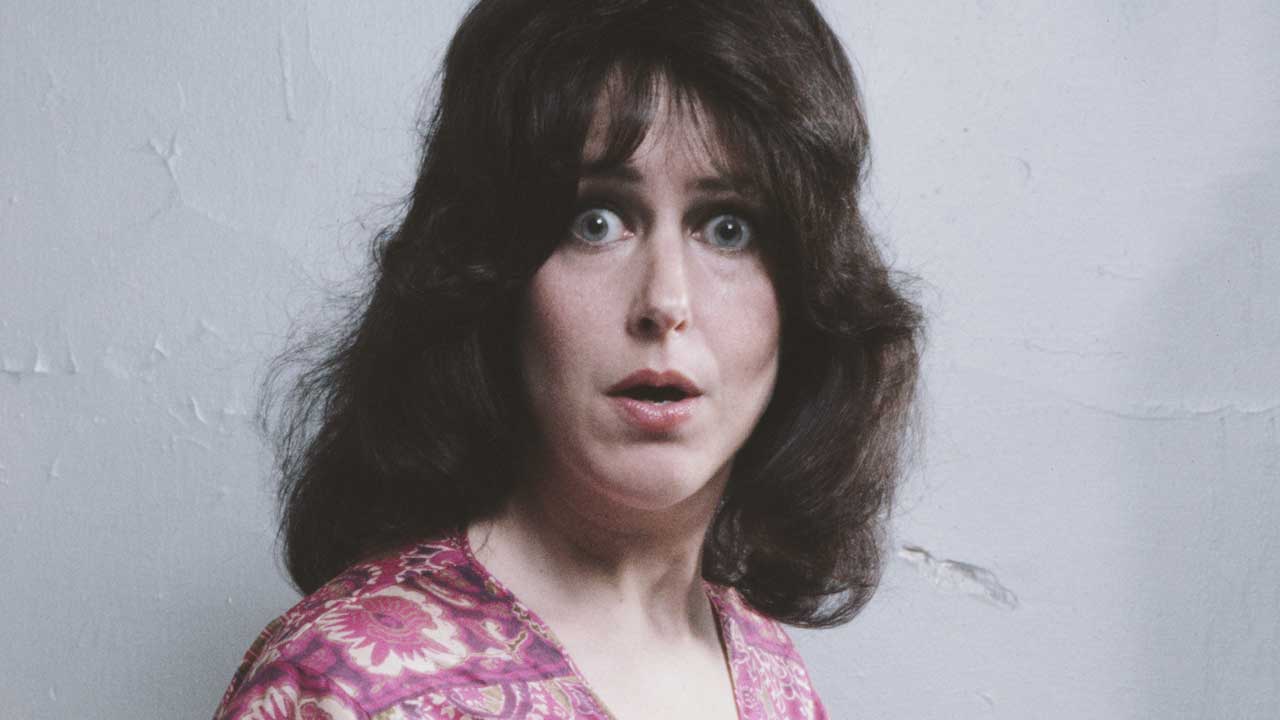
By early 1978, Grace Slick was no fun to be around. Appearing at a club version of The Gong Show in San Francisco, she'd abused the contestants, fought with her fellow judges, and was eventually dragged offstage after breaking some microphones. The audience, who'd also been baited by the Jefferson Starship singer, jeered as she was hauled into the wings. Later the same day, she was stopped by the California Highway Patrol and charged with drunk driving. She abused the arresting officers and spent the night locked up.
"With a person who is alcoholic, as I am, you don’t ever have one or two drinks," Slick told Rolling Stone in May 1978. "It doesn’t work that way. I’ve never had two drinks in my life… It’s either I drink and I’m totally drunk or I don’t drink at all."
Slick's problems with alcohol, and her increasingly unreliability, had strained her relationship with the band.
“Gracie has a problem, a real serious problem,” said bassist Pete Sears, who'd joined Starship after playing on Slick's solo album Manhole. "She’s such a beautiful person when she’s sober, a really sweet woman, but it’s like an instant change. It’s more than just being an alcoholic.
“When she gets drunk, the evil forces seem to be able to take over. There’s like a demon looking at you or something. She just stares."
Things came to a head in June 1978, when the Starship headed off to Europe to play a short series of shows in support of that year's Earth album. After a performance in Amsterdam, the band crossed the border into Germany and drove to the open air theatre at Loreley, where they were due to headline the Sunset Festival, supported by Leo Kottke, the Atlanta Rhythm Section and Brand X.
The band never took the stage. Slick got drunk and refused to perform, and punches were thrown backstage as band guitarist Paul Kantner, who'd dated Slick between 1969 and 1975 and was the father of her child, traded blows with the man she'd left him to marry, band lighting director Skip Johnson. Starship's performance was cancelled and the audience rioted, stealing the band's equipment and burning the stage down.
It all came to a head two nights later in Hamburg. The band hired new equipment and played a full set, but Slick was drunk, and those "evil forces" finally got the better of her.
"I decided to wear an 18th century milk maid's dress on stage," Slick told Cashbox two years later. "When I came downstairs, someone remarked that! looked like a 'cute little Swiss miss,' which really irked me. I went back upstairs, put on a Nazi uniform, got drunk and did a 'get back at you for the Second World War routine' for the show."
Turns out that goose-stepping and Hitler salutes and “Who won the fucking war?" belligerence were as frowned upon in 1978 as they are today, and for the second night in a row Jefferson Starship faced a furious audience. After the show, Kantner demanded Slick's resignation and got it.
"Even as I pulled that stunt, it was clear to me that I'd developed a major attitude problem," Slick wrote in her 2008 autobiography, Somebody to Love?: A Rock-and-Roll Memoir. "I didn't like pandering to Nazi offspring, I didn't like the 'reconstituted Airplane' situation, and I didn't like me for taking part in it. I wanted the Germans to see a mirror of repulsive self-loathing, I wanted the band to see an uncontrollable mutant, and I wanted to be so out of line that when I fired myself the next day nobody would object."
Less than a week later Jefferson Starship played without her at A Midsummer Night's Dream festival at Knebworth in The UK, joining a bill that included Loreley survivors Atlanta Rhythm Section and Brand X, plus Genesis, Tom Petty & The Heartbreakers and Devo.
Eventually, Slick faced her demons, becoming the first high-profile rock star known to attend Alcoholics Anonymous meetings.
“It wasn’t easy," Slick told Classic Rock. "Being sober is weird. People magazine broke my anonymity about AA but it wasn’t a surprise. My behaviour made that obvious. Everybody knew I was a big drunk. Plus, booze and cocaine is an ugly combination. I loved it. I lived on it, because the two things even each other out."
There was a happy ending. Slick returned to Jefferson Starship three years later and in 1985, after an ugly lawsuit and the departure of Kantner, the band morphed into Starship and released their biggest single, We Built This City, a song that reached #1 on the US chart. Slick hated the song, but the royalty cheques were nice.







